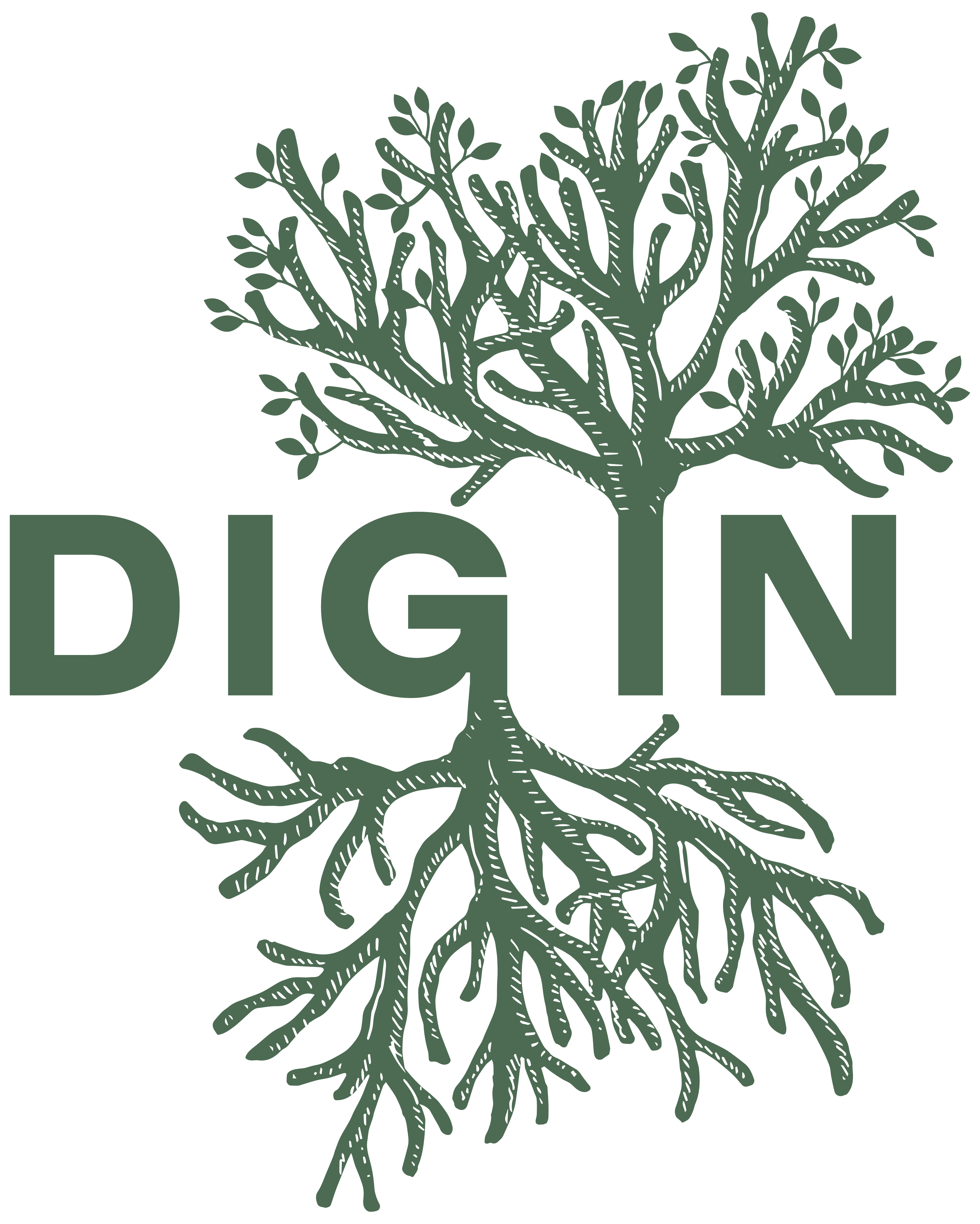When we seek for connection, we restore the world to wholeness. Our seemingly separate lives become meaningful as we discover how truly necessary we are to each other.
—Meg Wheatley
It’s very easy to see the fractures in the world, the places where things are broken or not going right. Many of us committed to social change have become expert at this practice, which is a vital skill for encouraging cultural transformation and supporting social justice efforts.
However, this sensibility which is so essential in a world desperately in need of healing can sometimes become the lens that filters all that we see. And even with a clear focus on achieving meaningful change, the constant striving to fix what is broken can hold us back from deeper change—in our own lives, in our relationships, and in our world.
Wholeness relies on seeing a complete spectrum of experience—the bright and shadow sides of our lives, those who agree with us and those who disagree, that which lifts us up about the world and that which we find abhorrent.
Thomas Merton shares that “compassion is the keen awareness of the interdependence of all things.” In my own work around sustainability and social change issues, I am constantly wrestling with this idea and my relationship to it which creates the gulf between the way I’d like the world to be and the way the world actually is. It’s my sense that, especially among social activists, we need to build our skills more completely in this arena. We must see the connections between people, organizations and issues both as a way of designing more realistic and relevant strategies and to feel the power of joining with others to create more impact through our work.
There is a Japanese concept known as wabi-sabi which seeks to draw out both an aesthetic and personal philosophy of seeing beauty in imperfection. The fallen leaves seen in so many places during this time of year are an excellent illustration of this concept. There is an embrace in nature of complete cycles, of the importance of defeat, death and decay as an inextricable and essential piece of supporting the continuation of life.
This absolutely does not mean that we should simply accept things as they are, and see the incredible injustices that exist as a given or as irreparable. But seeing the wholeness of the world may allow us to draw strength from the positive to support our work when the road seems to have lengthened before us or the prospect of ever seeing change becomes overwhelming.
I was recently taking some time in my garden to prune back some plants and do some overdue clean-up. As I was trimming back several herbs that went unused and untended for several months, I reflected on the idea of utilitarianism—that human tendency that sees resources or relationships as simply meeting a need we might have. It truly deepened the concept of wholeness for me, recalling Robert Aitken’s reflection that “watching the gardeners identify their plants, I vow to practice the old horticulture and let the plants identify me.”
Ultimately, wholeness helps us both see the world and see ourselves in the context of endless connection. And this can only enrich our work—whether or not we consider ourselves in the sustainability and social change arena. It provides a profound perspective on our relationships with ourselves and with others which can serve us in many instances.
Simone Weil captures the practice of wholeness in this way: “What we love in others is the hoped for satisfaction of our desires. We do not love them for their desires. If we loved them for their desires, we would love them as ourselves.”

